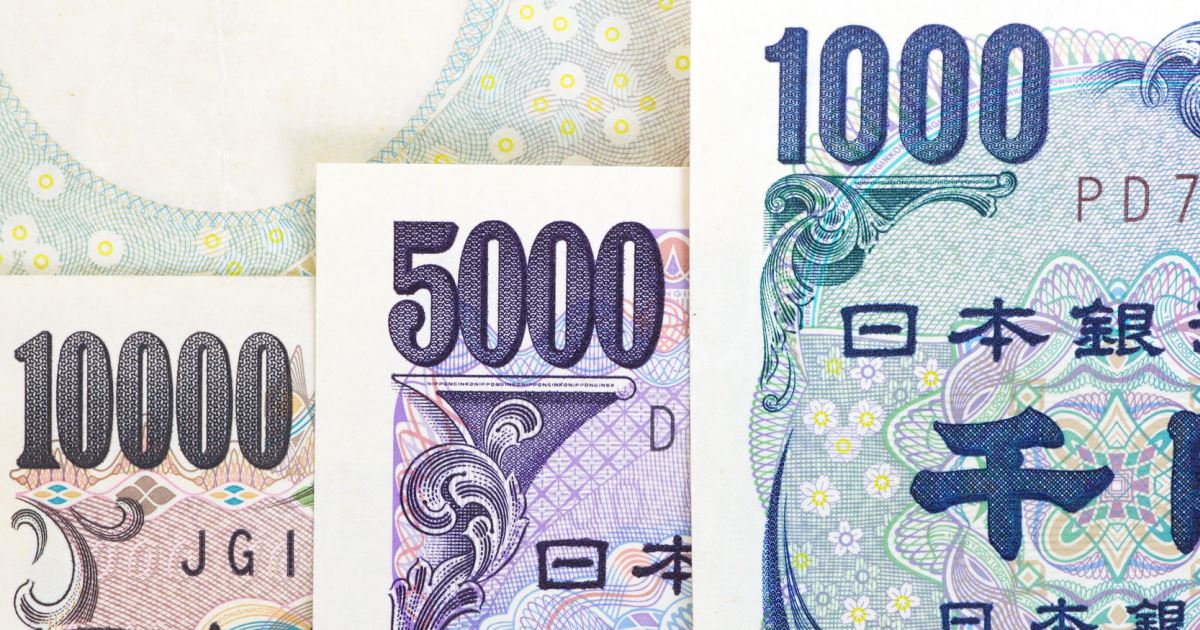
by Noriyuki Morimoto
The Stalin Break in March 1953 was a historic event in the Japanese stock market. This was when Hisashi Ishii made his name: he had issued a market review predicting the crash just before it happened. Following the event, he acquired a securities firm and went on to become a stock market legend.
A booklet of quotes from Hisashi Ishii still exists, and each of his words is profound.
Quotes like “In long-term investment, buy corporate value, not stock price,” and “Distinguish company information and stock price information to make use of both,” indicate that he recognized changes in corporate value and fluctuation in stock prices as completely different forces.
“Stock price is the sum of value, supply-demand balance, and popularity” is a great insight that formalizes how stock prices are determined by the given three factors.
Traders like Ishii apparently put more emphasis on supply/demand and popularity rather than value, while investors focus more on value. However, this difference is not of fundamental position, but only of extent. There is actually no difference in that they are both based on analysis of corporate value and focus on investment opportunities created by the subtleties of price fluctuations.
In that sense, it is very significant that Ishii mentioned value first, followed by supply-demand balance and popularity. Only when you have a solid judgment on value can you find investment opportunities in price fluctuations caused by supply/demand and popularity.
“Don’t sell on a strike” is another good one. Strikes don’t happen in Japan these days, given the current economic and employment situation. Of course, this should be deeply related to the lackluster stock market. In times when strikes frequently happened in Japan, the economy was booming and stock prices were rising.
“Never mind the purchase price when you consider shareholding” is more of a scientific statement than a saying. Investment decisions are meaningful only towards the future, so the historical fact of how much they were bought at cannot be a factor in making decisions.
Lastly, “Sell the stocks you don’t want to buy” is quite amazing. The message is that for all the stocks you hold, you have to have a positive reason for doing so. You should not keep holding stocks that you don’t want to buy now. It is a clear statement that investment is possible only towards the future.
[ Category / Art Investment ]

Chief Executive Officer, HC Asset Management Co.,Ltd. Noriyuki Morimoto founded HC Asset Management in November 2002. As a pioneer investment consultant in Japan, he established the investment consulting business of Watson Wyatt K.K. (now Willis Towers Watson) in 1990.

